Jul 9, 2024 11:35 AM
Trumpeter, Educator Jim Rotondi Dies at 61
Jim Rotondi, a renowned hard-bop trumpeter, composer and educator, died suddenly on July 7 at a hospital in France. He…
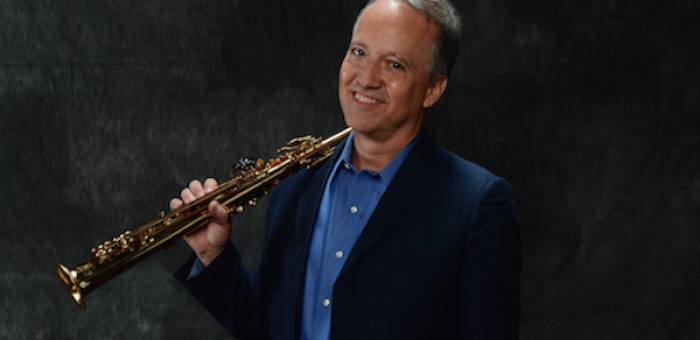
Ted Nash’s new album is titled Presidential Suite: Eight Variations On Freedom.
(Photo: Courtesy of the artist)During an election cycle in which political oratory is often delivered via Twitter and sound bites, reedist Ted Nash’s Presidential Suite: Eight Variations On Freedom (Motéma) is refreshing both in premise and execution.
Premiered by the Jazz at Lincoln Center Orchestra in January 2014 (billed on the CD as the Ted Nash Big Band), the eight-part suite mixes the 56-year-old saxophonist/flutist’s compositions with excerpts from iconic speeches on the subject of freedom by eight 20th-century political leaders, each read for the occasion by a separate surrogate.
The piece gestated in mid-2012, when trumpeter Wynton Marsalis (the JLCO’s managing/artistic director) approached Nash to compose a long-form follow-up to the JLCO-commissioned piece Portrait In Seven Shades. In searching for “a strong theme or through-line,” Nash, the son of the prominent trombonist Dick Nash and the namesake nephew of a first-call studio saxophonist, hearkened to his formative years in Los Angeles.
“My parents were civil rights activists, very liberal and open-minded,” Nash said, recalling that they hosted parties for the Black Panthers during the ’60s. “I don’t want Presidential Suite to have a particular political slant, but I did grow up with a strong message of human rights and freedom.”
He took a systematic approach to winnowing down a few hundred speeches to the final eight: “I looked for three elements—a prominent orator, a significant statement and considerable eloquence. I also looked for rhetorical brilliance, originality, historical importance, delivery and inspirational quality. The ones that made my A-list were the ones that moved me the most emotionally. Great rhythm and intonation, too, because that’s part of what I was dealing with.” After completing due diligence, Nash—who has written 56 arrangements for JLCO apart from the two extended pieces—set to work.
He spent much of a JLCO tour “sitting on the bus with my keyboard, my laptop, headphones on,” transcribing the pitches and vocal cadences of four U.S. presidents (Franklin D. Roosevelt, John F. Kennedy, Lyndon B. Johnson and Ronald Reagan)—as well as Winston Churchill, Jawaharlal Nehru and Nelson Mandela—into musical notation. From those raw materials, he created compositions tailored to the messages, to the personalities that delivered them, and to the musical personalities of his bandmates.
“It was a fairly intuitive process,” he said. “I would sit and try just to feel something, without having too strong rules in approaching each song.”
For example, in FDR’s State of the Union address of Jan. 6, 1941 (11 months before Japan attacked Pearl Harbor), he cited freedom of speech, freedom of worship, freedom from want and freedom from fear as the four overarching American freedoms. After pianist Dan Nimmer’s Bobby Timmons-ish opening solo, mirroring Roosevelt’s pattern of “ending most of his phrases with a long cadence down,” Nash constructs four separate environments that precipitate a staunch, affirmative solo by trumpeter Kenny Rampton; a jubilant gospelized declamation by trombonist Vincent Gardner; an outer partials exploration by alto saxophonist Sherman Irby; and a Mingusian, “don’t mess with me” statement by bassist Carlos Henriquez.
The late baritone saxophonist Joe Temperley—who suggested that Nash explore Winston Churchill’s “We Shall Fight On The Beaches” speech from June 4, 1940, when Nazi forces were at the height of their power—takes an 8-bar solo on the through-composed “This Deliverance,” whose solemn yet affirmative mood captures the milieu to which it refers.
On the evocative “Spoken At Midnight,” refracting Nehru’s oration to the Indian Constituent Assembly on the eve of India’s independence, Nash sets up striking instrumental voicings within a 7/4 structure that contains several subordinate time signatures within it.
Nash opens “The American Promise” (based on LBJ’s March 15, 1965, speech before Congress in support of the Voting Rights Act) with a parodic cowboy motif that signifies on Johnson’s Texas origins, before Nimmer channels Paul Bley in duo with drummer Ali Jackson, leading up to a big band unison on “a wild free-bop line” upon which Marsalis (his only appearance on the album) and trombonist Elliot Mason solo forcefully.
“Johnson’s pitches were just about impossible to put in a consistent tonal center,” Nash said. “Everybody in the band is on board and speaking these words.”
Marsalis advised Nash to investigate Burmese activist’s Aung San Suu Kyi’s iconic essay “Freedom From Fear,” the source of the ruminative “Water In Cupped Hands,” which is the only musical selection that originated not from a spoken speech but completely in Nash’s imagination.
Oscar-nominated actress Glenn Close reads the text before the instrumental, as does Oscar nominee Sam Waterston before “The American Promise.” “The actors were the only people I invited to read,” Nash said. Executive Producer Kabir Sehgal invited the others, who include former U.S. Sen. Joe Lieberman, diplomat William vanden Heuvel, British statesman David Miliband, author Deepak Chopra, former heavyweight champion Evander Holyfield, and historian (and Sehgal’s liner note co-author) Douglas Brinkley.
To finance this mega-project, which includes a 20-page booklet with comprehensive liner notes, Nash said he raised “somewhere over $25,000” via Kickstarter, and contributed another several thousand dollars “out of pocket.”
“As Wynton says, it’s so important to document the things you do,” Nash said. “I hope it’s not just for archival reasons, and that people will actually check it out.”
Nash and special guests will perform selections from the album on Nov. 8 (Election Day) and Nov. 9 at the Jazz Standard in New York. For ticket info, visit the venue’s website.
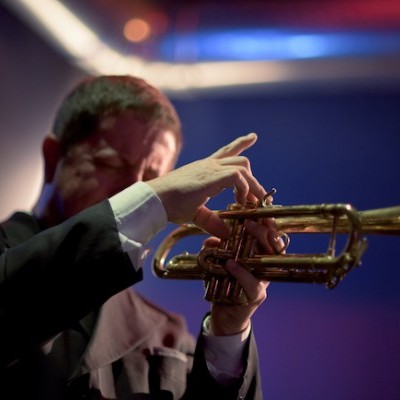
Jim Rotondi was acclaimed for his wide, round trumpet tone, remarkable virtuosity and assured swing.
Jul 9, 2024 11:35 AM
Jim Rotondi, a renowned hard-bop trumpeter, composer and educator, died suddenly on July 7 at a hospital in France. He…
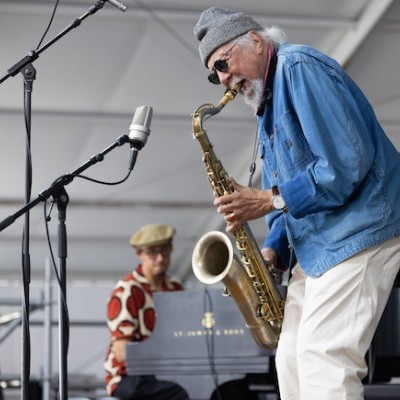
Charles Lloyd, seen here at the 2024 New Orleans Jazz & Heritage Festival, makes DownBeat Poll history!
Jul 11, 2024 12:23 PM
The incomparable Charles Lloyd swept the 72nd Annual DownBeat Critics Poll, becoming the first artist ever to earn…
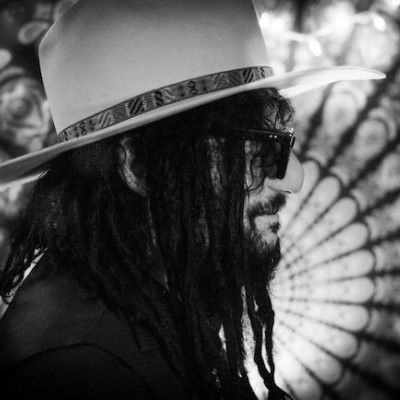
“Being president of Blue Note has been one of the coolest things that ever happened to me,” Was said. “It’s a gas to serve as one of the caretakers of that legacy.”
Jun 4, 2024 12:21 PM
Sitting with Don Was is a comfortable and unhurried exercise. He may seem slightly reserved at first, but ideas and…
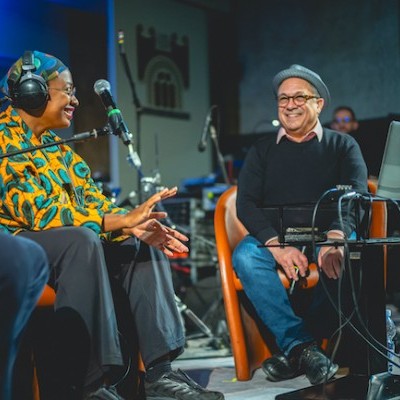
“She reminds me of my childhood and makes we want to cry,” Cécile McLorin Salvant, pictured here with writer Ashley Kahn, said of Dianne Reeves.
Jun 11, 2024 12:31 PM
Italy’s Umbria Jazz Winter is one of those rare annual festivals that not only coincides with a major holiday —…
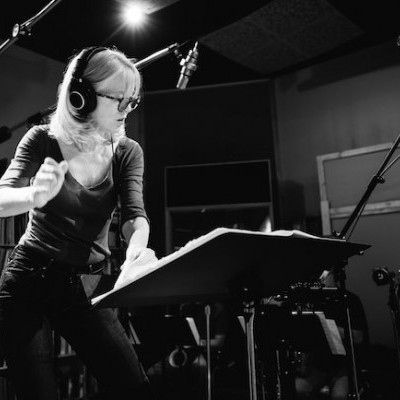
Maria Schneider said of Decades, her new compilation release: “I just wanted to create something, put it in a beautiful box and say, ‘Look at what we did.‘”
Jun 18, 2024 12:00 PM
Maria Schneider opened the sleek black box and placed it on a coffee table in her Manhattan apartment. Inside lay the…